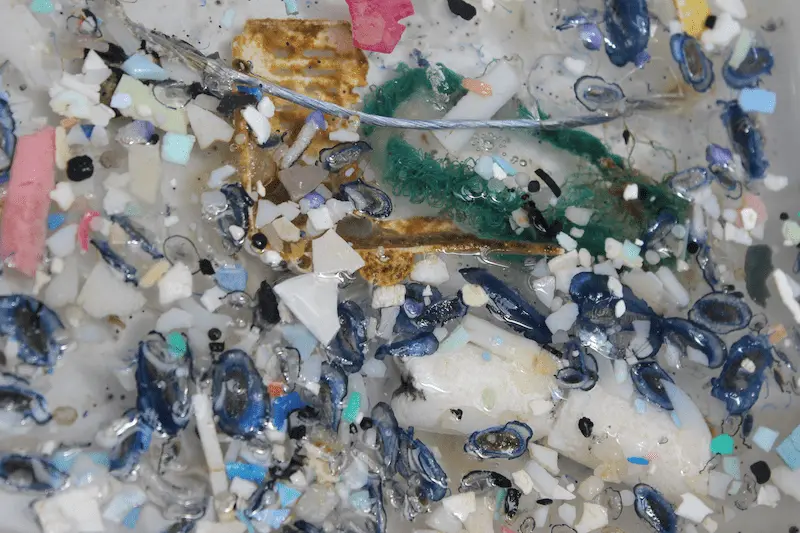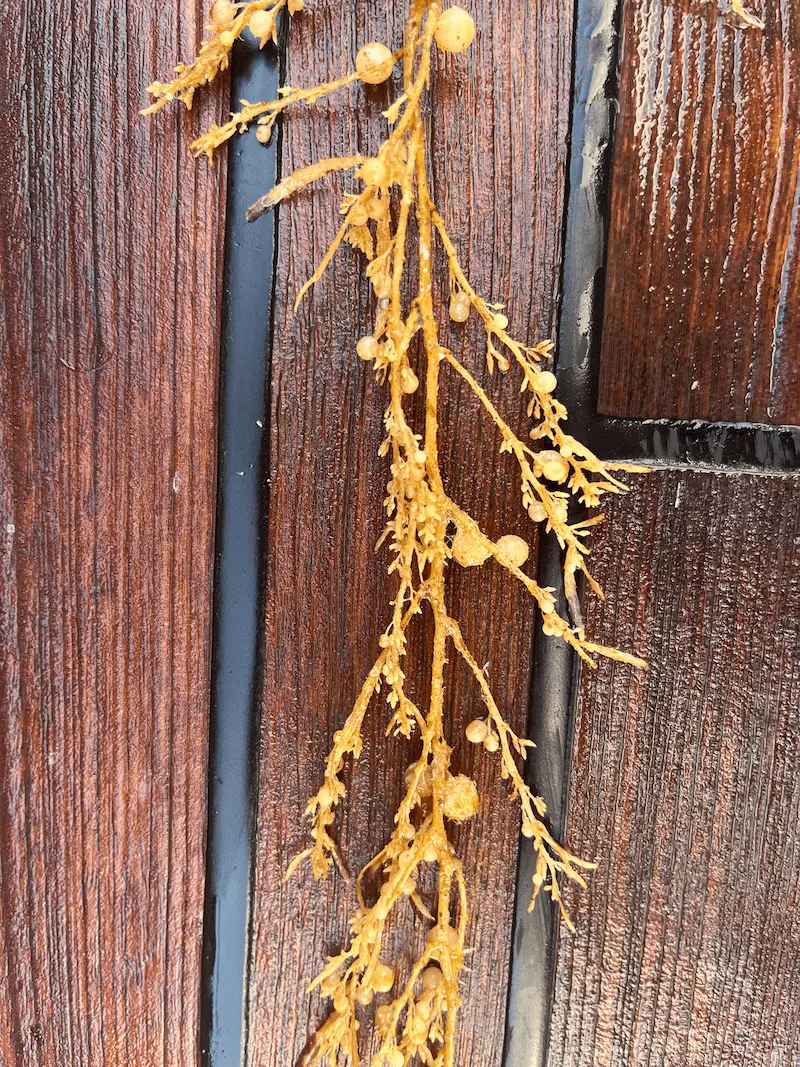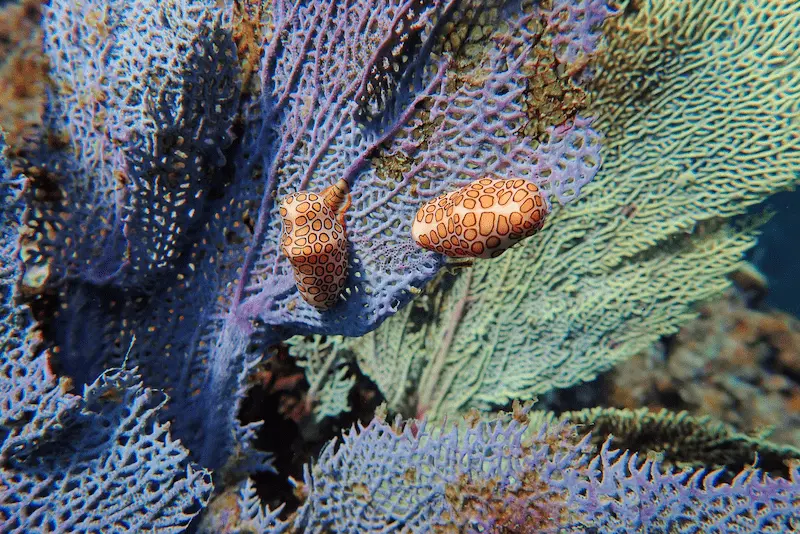SEA faculty are active in their respective fields through grant-funded research projects, participation in professional conferences, and publication in scholarly journals. Recent published research has covered topics such as microplastics, sargassum, and coral reefs.
REsearch

Microplastics
Over 35 years of continued data collection and analysis of marine debris, many SEA faculty have contributed to the ongoing global issue of plastic in the ocean. Most notably, SEA Research Professor, Kara Lavender Law, has served as a witness at a U.S. Senate hearing and has been a panelist and speaker at G7 and G20 workshops. Dr. Lavender Law continues to collaborate with scientists and organizations like The Ocean Conservancy and National Academies of Sciences, Engineering and Medicine (NASEM) in addressing the impact of plastic debris.
Sargassum
During the summer of 2023, the news cycle was overcome with stories on the “large seaweed blob” overtaking beaches along the eastern coast of the United States and throughout the Caribbean. The seaweed blob was Sargassum. For over a decade, Dr. Jeff Schell, SEA Professor of Oceanography, has studied this unique floating ecosystem in the Sargasso Sea. Dr. Schell’s work alongside former faculty member, Dr. Amy Suida, Associate Professor of Marine Science at Eckerd College, has contributed to a deeper understanding of the various species of Sargassum as well as their response to warming ocean temperatures.


Coral Reefs
The ecological impact of coral reefs is evident through their biodiversity, climate regulation, coastal protection, and economic value. As climate change continues to pose a significant threat to these vital ecosystems, research is essential in understanding how corals adapt to rising water temperatures and ocean acidification. SEA’s Assistant Professor in Reef Biological Oceanography, Dr. Heather Page, has continued her research into coastal carbon biogeochemistry; impacts of ocean acidification on coral reef species interactions; and human impacts, including climate change, on coral reefs. With recent publications in PLoS One, Nature Climate Change, and ICES Journal of Marine Science, Dr. Page’s work is vital in developing effective conservation and management strategies to protect and sustain these invaluable marine ecosystems.